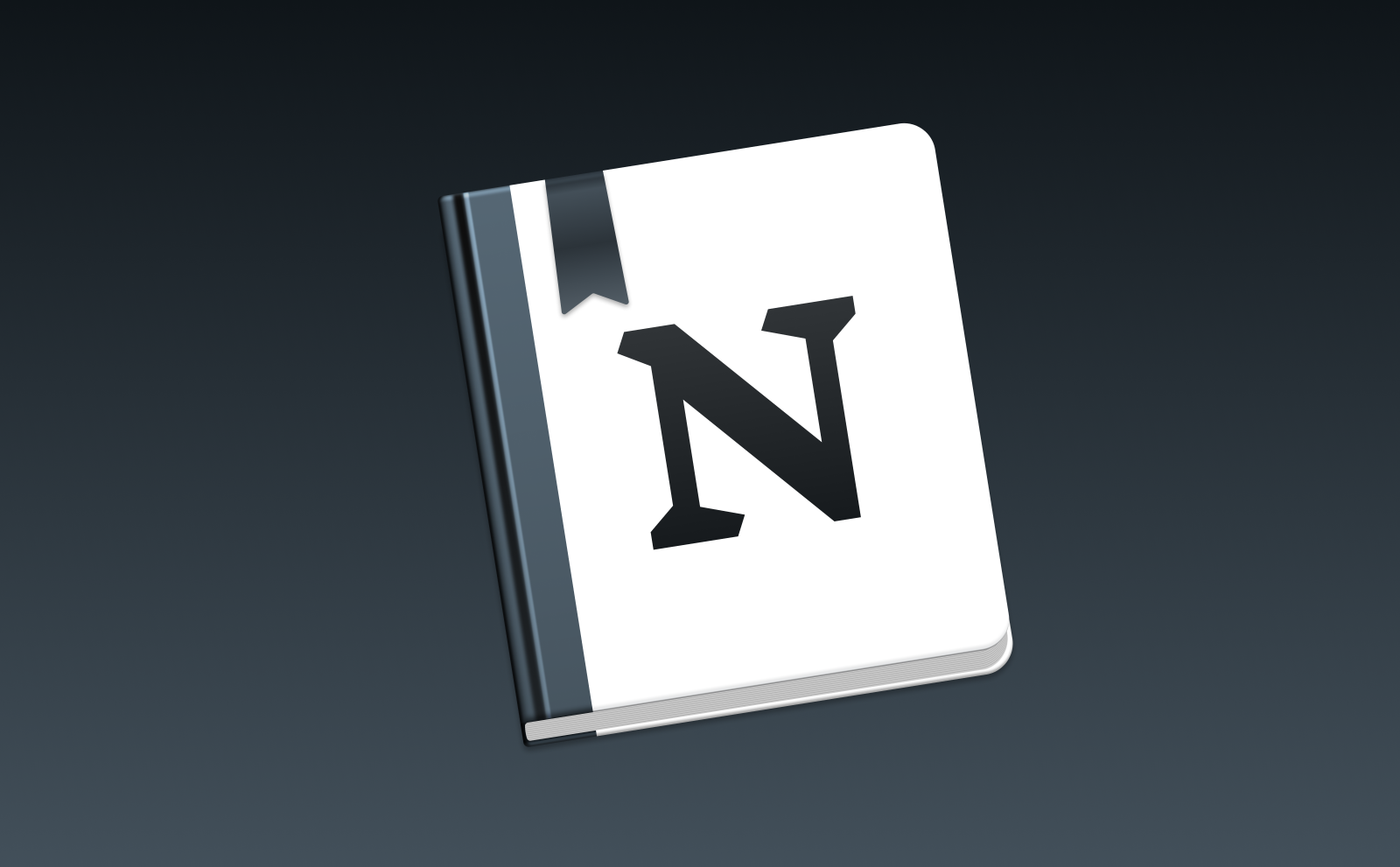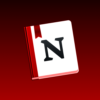
Notion, the software sensation that has everyone buzzing, has emerged as the ultimate tool to transform you from an unproductive mess into a productivity god. Influencers and productivity gurus alike are raving about it, and I must admit, it has supercharged my productivity and organization.
Notion, my friends, is no ordinary app—it’s essentially my second brain. And let me tell you, I’ve never witnessed a piece of software amass such a devoted following, bordering on cult-like proportions. So, how did this happen? I ventured behind the curtain to unravel the mysteries, and it all makes sense now. Once you grasp the psychology behind Notion’s design and their ingenious strategy, you’ll understand why this glorified note-taking app has skyrocketed to a staggering valuation of 10 billion dollars.
Back in 2015, when Notion was born, the founders decided to toss every rulebook on building a startup into a fiery inferno. They defied convention by creating an app that combines note-taking, to-do lists, customer relationship management (CRM), project management, and collaboration into one cohesive platform. Now, one might argue that excelling in multiple areas is a recipe for disaster in the startup world. Attempting to create something that appeals to everyone usually ends in tears.
But for the Notion founders, it turned out to be a stroke of genius. Their audacious goal was to replace Microsoft Word, Evernote, Todoist, and Asana. While most would have added more and more features, eventually spiraling into complexity, Ivan and Simon, the co-founders, locked themselves in a room in Kyoto, Japan, working tirelessly for 18 hours a day. Their secret? They distilled the essence of existing apps, keeping only the vital elements while discarding the rest. A Microsoft Word replacement with fewer superfluous pages, limited font choices, and a mere ten color options—that’s what they built. And thus, Notion 1.0 was born.
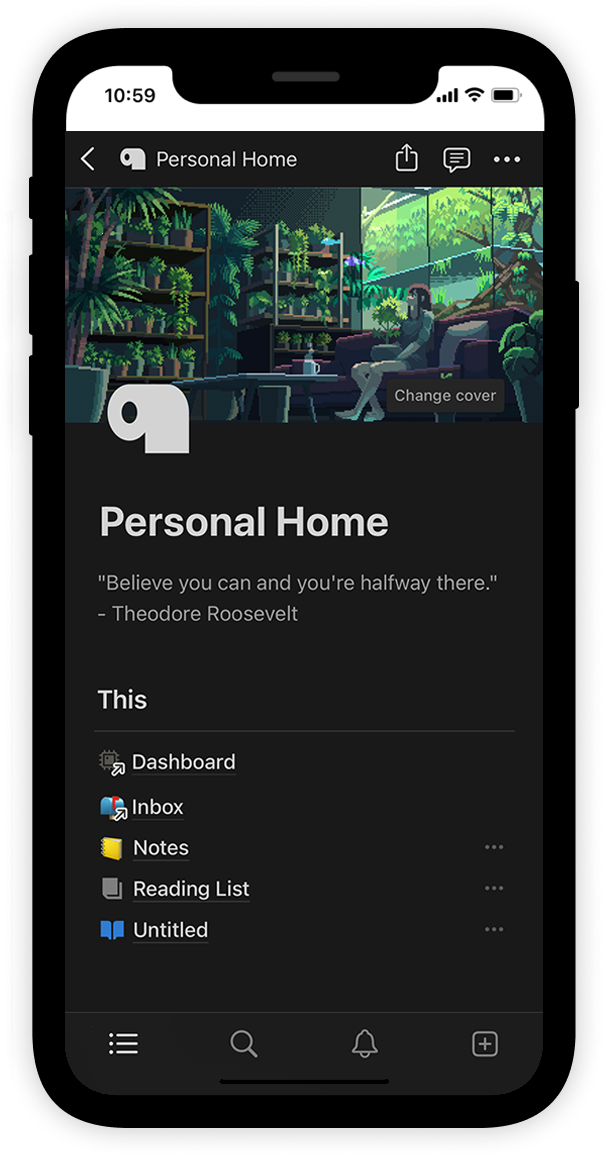
Alright, so they launched an app that consolidated various functionalities, but that still doesn’t explain the obsession that has engulfed so many. I mean, we have Notion ambassadors and real-life meetups revolving around a note-taking app. Why, you ask? It all boils down to three key psychological principles that underpin Notion’s allure.
The first principle is the Ikea effect. You know that feeling when you purchase furniture from Ikea and painstakingly assemble it, pouring your blood, sweat, and tears into creating that Mälter-Mälterp table or that Longmart bookcase? Research has shown that people attach an inflated value to things they have built themselves. Notion capitalizes on this phenomenon brilliantly. Users spend hours crafting their perfect templates, meticulously optimizing their databases to track every aspect of their lives. And because they’ve crafted it with their own hands, they attribute an exponentially higher value to it.
Compare this to a typical to-do app—you can launch it, use it, it may have some cool features, but it never truly becomes yours. If you grew up playing with Legos like I did, you’ll understand the peak moment of building—the sheer joy of assembling that Millennium Falcon or grand castle. Once it’s complete, you’re eager to tinker with it, add to it, modify it, change it. The paradox of Notion is that users end up spending more time fine-tuning their productivity system than actually being productive. And strangely enough, that’s not necessarily a bad thing. Notion’s design is so flexible and enjoyable to use that constructing your ideal system brings a profound sense of fulfillment.
This brings us to the second psychological principle fueling the Notion frenzy—Maslow’s Hammer. As the famous cognitive bias articulated by Abraham Maslow in 1966 suggests, once you become familiar with a tool, you’ll attempt to apply it to everything. Give a person a hammer, and everything becomes a nail. In the case of Notion, it’s akin to giving someone a Swiss Army knife and watching them use it for every task, regardless of whether it’s the best tool for the job. It took me several months to realize that Notion wasn’t cutting it for my to-do lists, prompting me to switch to a dedicated app like Tiktik. Yet, what’s truly mind-boggling is that this behavior, contributed to Notion’s meteoric rise to a 10 billion dollar valuation.
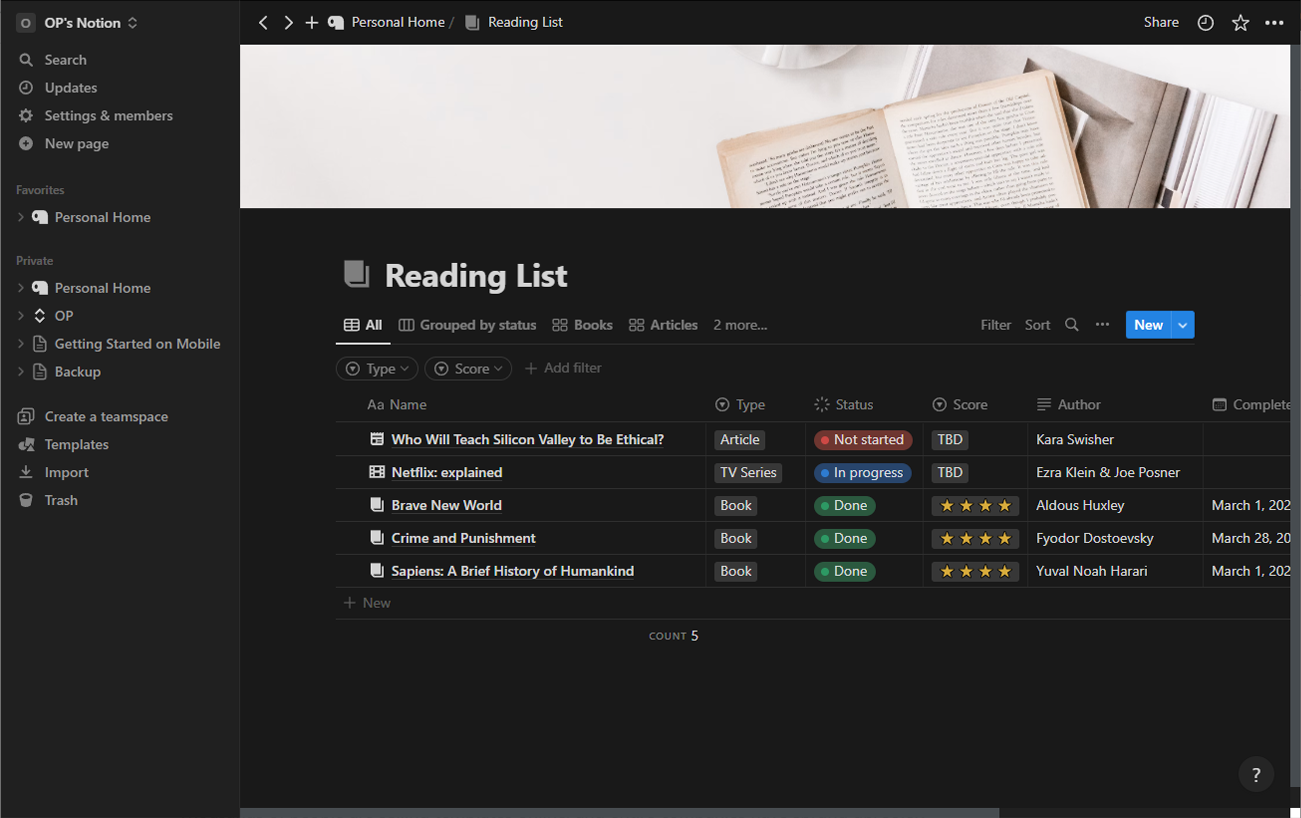
But wait, there’s more—the killer metagame. You see, Notion is one of the rare startups that has mastered the art of building a captivating metagame around its core product. Picture Pokémon as the game itself, and the metagame as the entire infrastructure surrounding it—YouTube channels dedicated to Pokémon, specialized shops, tutorials, strategies, hacks, and epic events. The metagame influences and enhances the core game experience. Notion has accomplished something similar. Thanks to the psychological principles that make it enjoyable to create with the app, there are now tens of thousands of YouTube videos showcasing the best Notion setups. Thousands of people are selling templates online, and entire companies have sprung up, solely focused on Notion. This vast ecosystem constitutes the thriving Notion metagame. And yes, you guessed it—these individuals and companies are essentially providing free marketing for Notion. Brilliant, right?
Now, let’s delve into Notion’s savvy monetization strategy. They cater to both small startups, like the one I’m working at, and large corporations. Instead of deploying a battalion of salespeople to pitch their software to companies, Notion takes a clever approach called Product Led Growth (PLG). They encourage people to use the software for free in their personal lives. Then, when these same users start a startup or join one, they naturally gravitate toward the app they’ve grown accustomed to using in their daily lives. It becomes a seamless transition, rather than some random software a salesperson peddled to them. Notion’s strategy involves transforming unproductive individuals into productivity wizards who, in turn, found multiple startups. And voilà! Notion sells its software to each and every one of those startups. It’s a masterstroke, ensuring exponential growth while saving on the costs of traditional sales tactics.
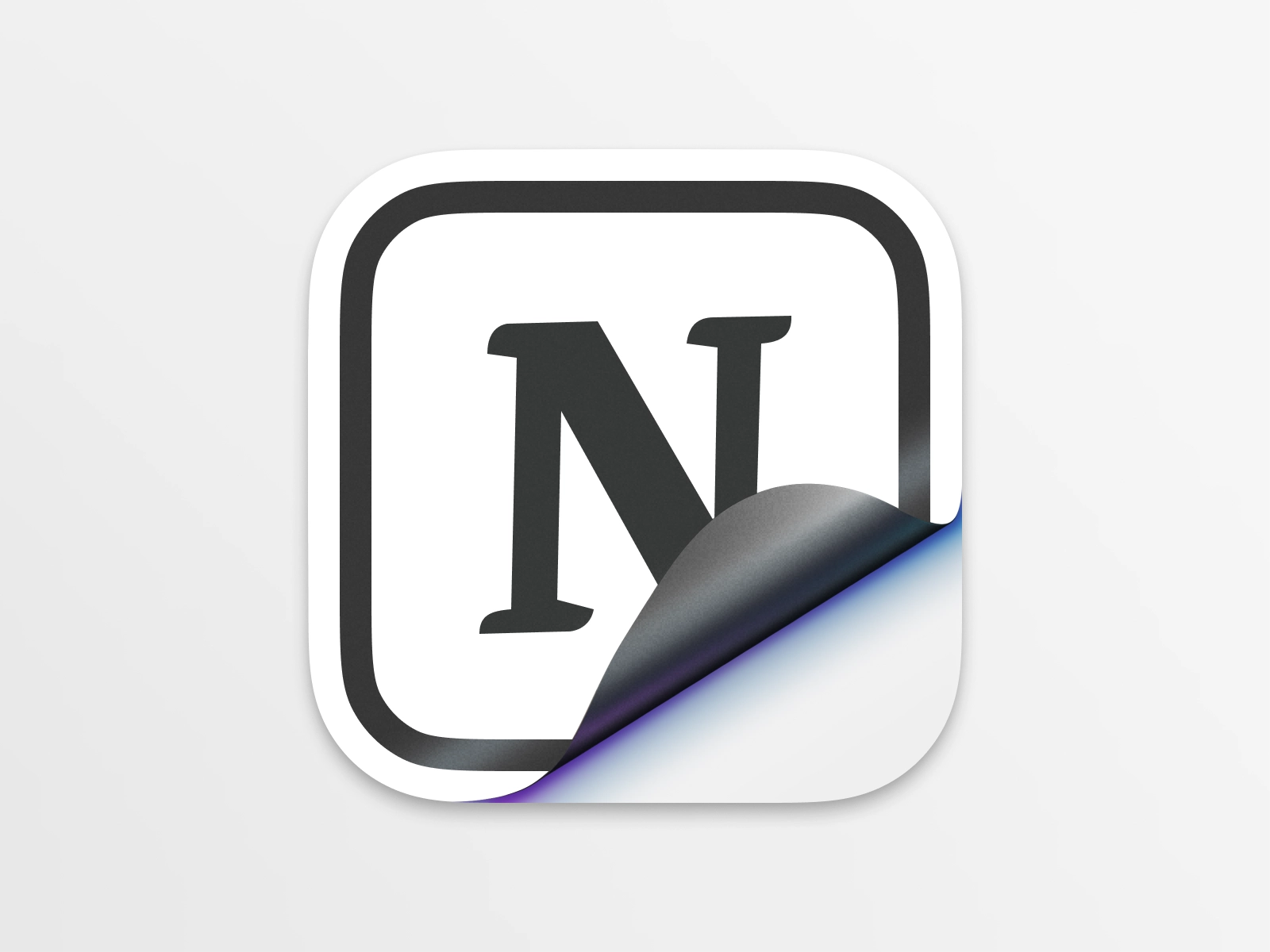
So there you have it—Notion’s captivating rise to prominence explained through the lens of psychology and strategic brilliance. It’s an app that taps into our innate desire for ownership and self-creation, exploits our inclination to utilize familiar tools for every task, and cleverly leverages the power of a thriving metagame.
Notion has transcended the boundaries of a mere note-taking app, captivating the hearts and minds of productivity seekers worldwide. Whether you join the ranks of the Notion fanatics or opt for a different productivity solution, one thing is certain—Notion’s ascent is an entrepreneurial saga that will continue to inspire and intrigue for years to come.
